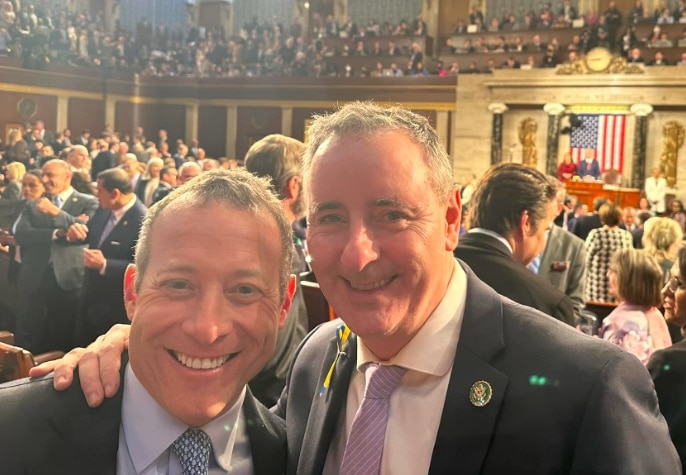The Problem Solvers Caucus, a bipartisan group of 64 House members, late Wednesdeay released a new, short-term stopgap spending proposal to avoid a September 30 government shutdown.
The bipartisan agreement would extend government funding at current levels through January 11, giving Congress more than three extra months to agree on regular appropriation. The timeframe is much longer than the October 31 target that Republicans have been seeking.
The proposal would also pass full-year fiscal 2024 appropriations bills at the spending caps agreed to in the Fiscal Responsibility Act that Speaker Kevin McCarthy (R-CA) struck with President Biden in a deal this past spring to avoid defaulting on the nation’s debt.
The GOP-led House has marked up appropriations bills below that agreed-to figure while the Democratic-led Senate’s appropriations bills exceed the debt deal’s target.
The bill would also give the okay to Biden’s $24 billion supplemental funding request for Ukraine, over which nearly 30 Congressional Republicans expressed their disapproval Thursday in a letter to Office of Management and Budget Director Shalanda Young.
The deal also proposes a bipartisan “border security solution” without getting specific on the details.
Co-chairs of the Problem Solvers Caucus, Reps. Josh Gottheimer (D-NJ) and Brian Fitzpatrick (R-PA) are calling the proposed agreement a commonsense compromise.
It comes after House GOP infighting this week led to the stalling of two crucial spending bills, one of which is the $886 billion defense appropriation bill for 2024. The other was a stopgap measure proposed by McCarthy last month.
While many Republicans in the far-right House Freedom Caucus have been holding out against striking an agreement ahead of the budget deadline, other GOP lawmakers fear the blame for any shutdown will fall on them.
“We always get the blame,” said Rep. Mike Simpson (R-ID), a senior appropriator. “Name one time that we’ve shut the government down and we haven’t got the blame.”
The last government shutdown occurred in December 2018-January 2019 and lasted for five weeks in a dispute between then-President Trump and Democratic Congressional leadership over funding his border wall.
Trump—who’s recently been encouraging his fellow Republicans to shut down the government if they can’t “make an appropriate deal”—had said amid 2019 discussions with Democratic leaders, “If we don’t get what we want one way or the other…I will shut down the government, absolutely.”
According to the non-partisan Congressional Budget Office, that shutdown—the nation’s longest ever—lowered the nation’s projected level of real GDP in the first quarter of 2019 by $8 billion, of which the CBO estimated only $5 billion was recovered.
PHOTO: Problem Solvers Caucus co-chairs at 2023 State of the Union


